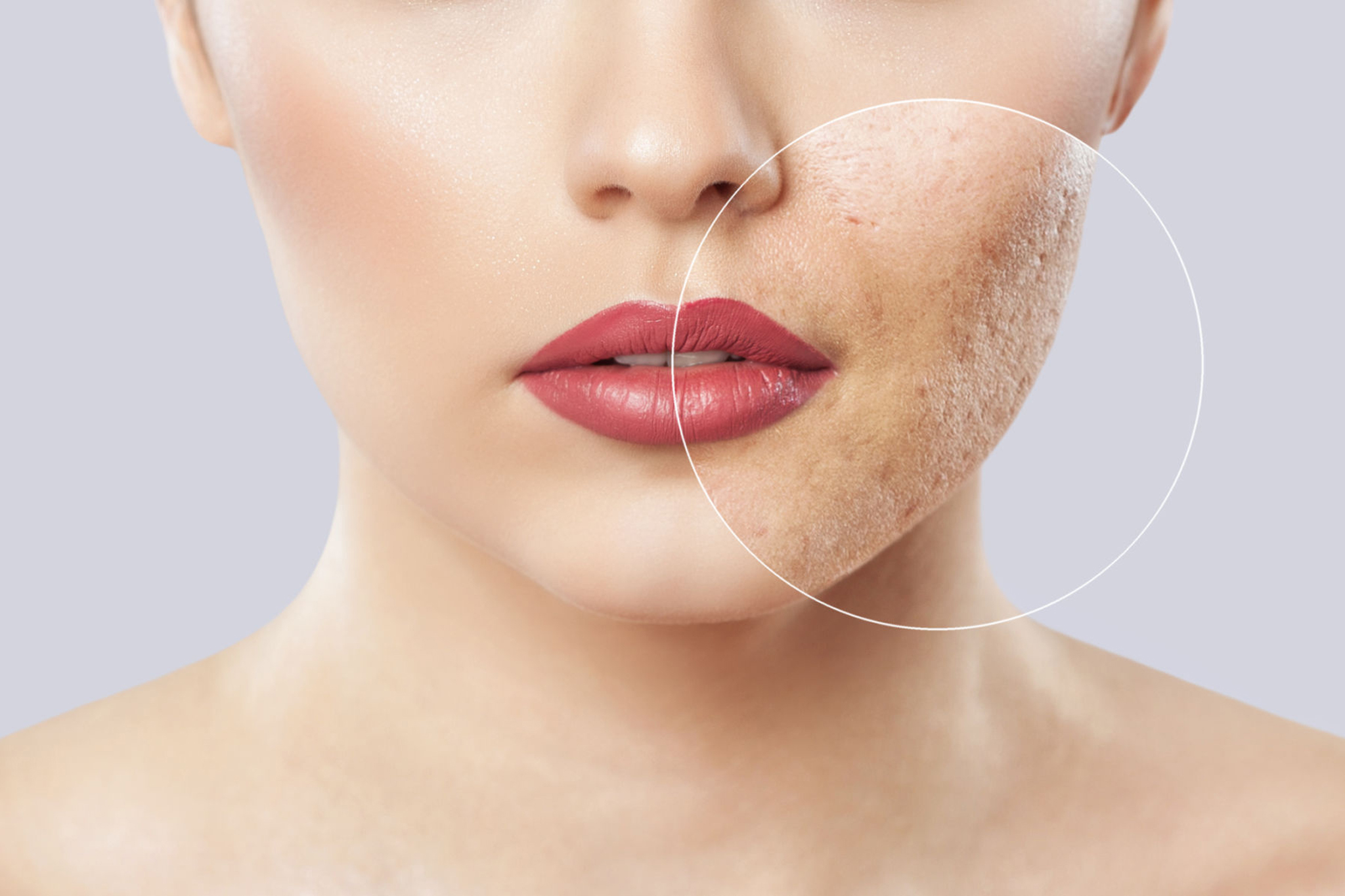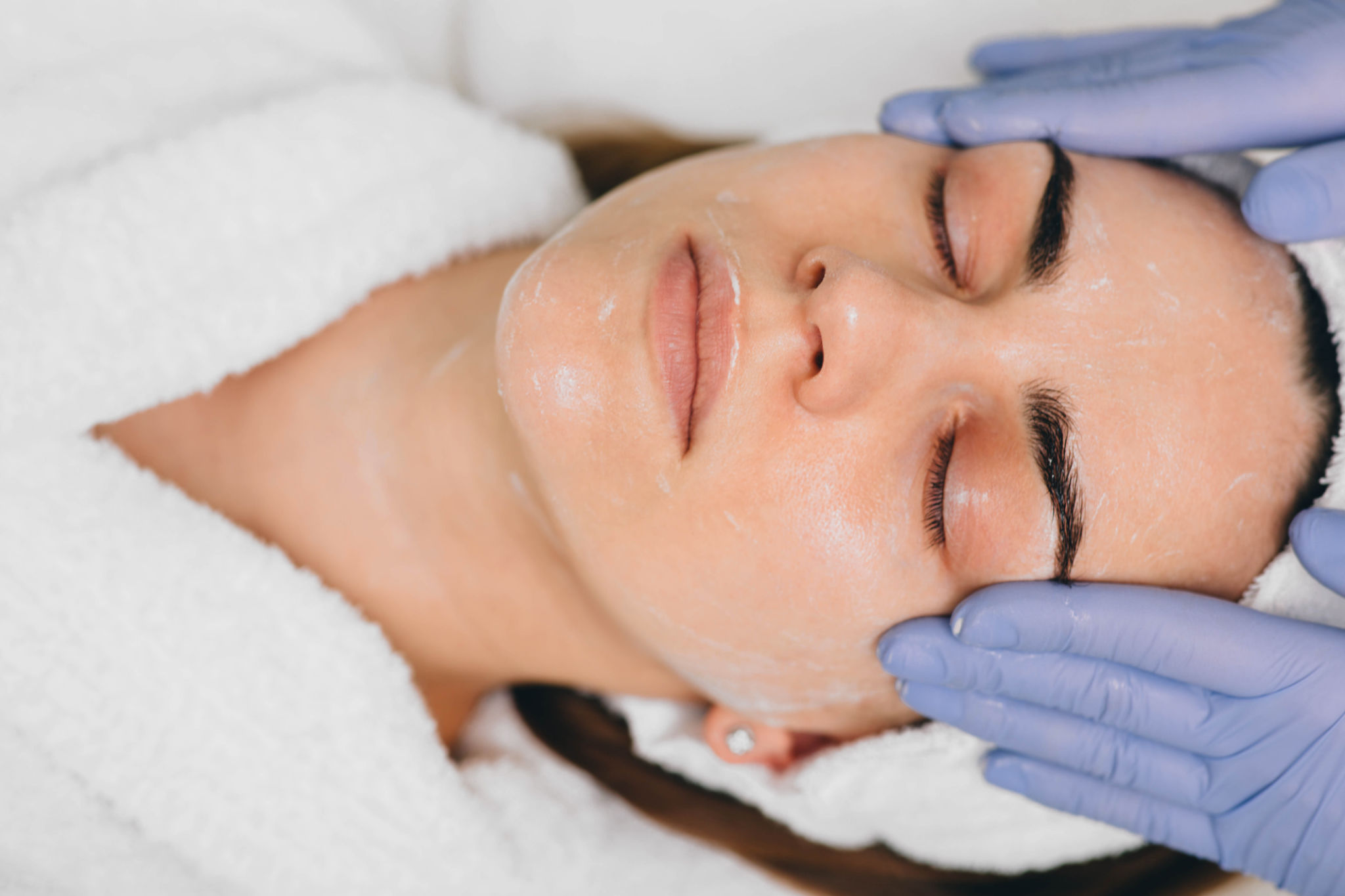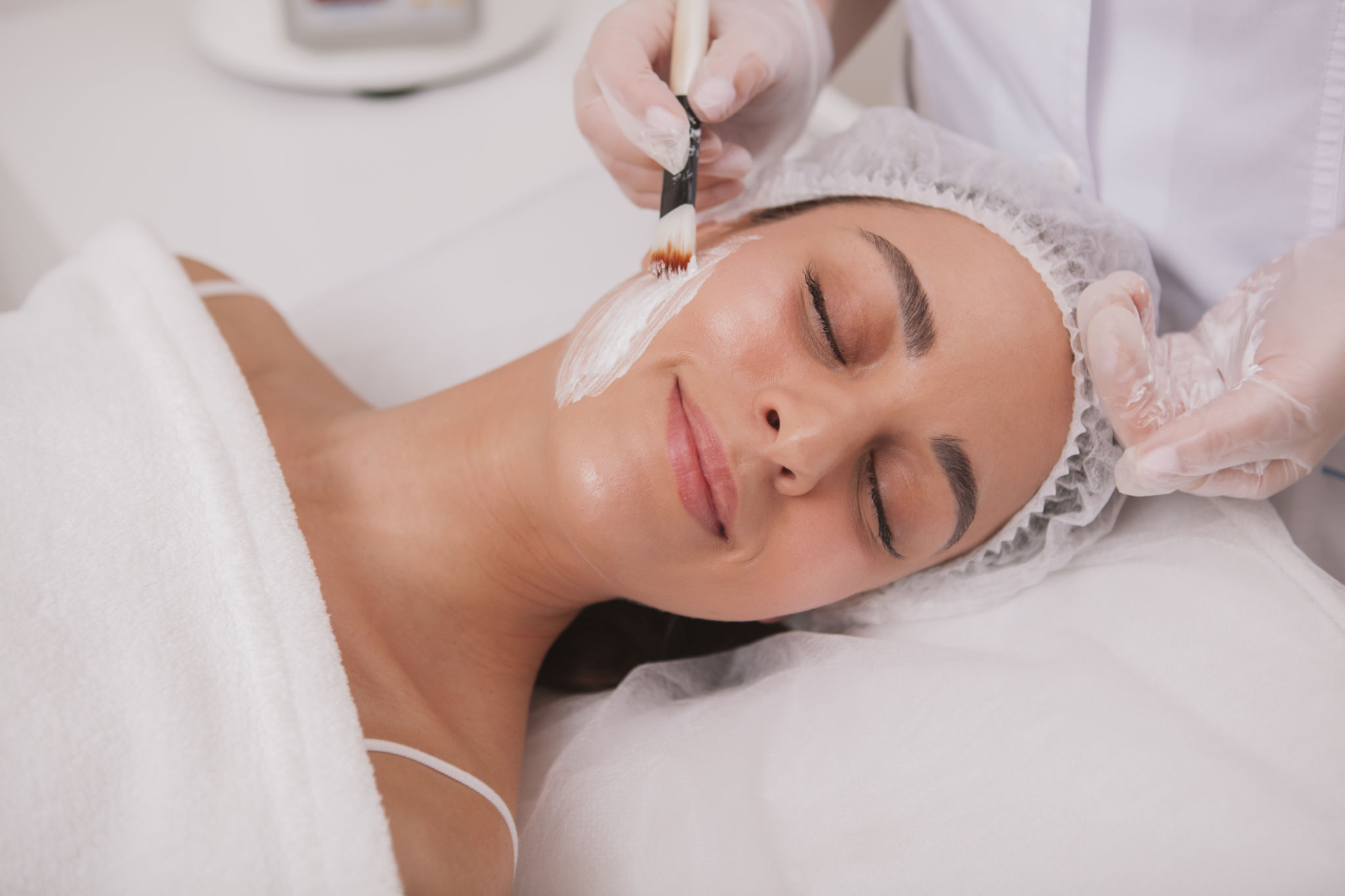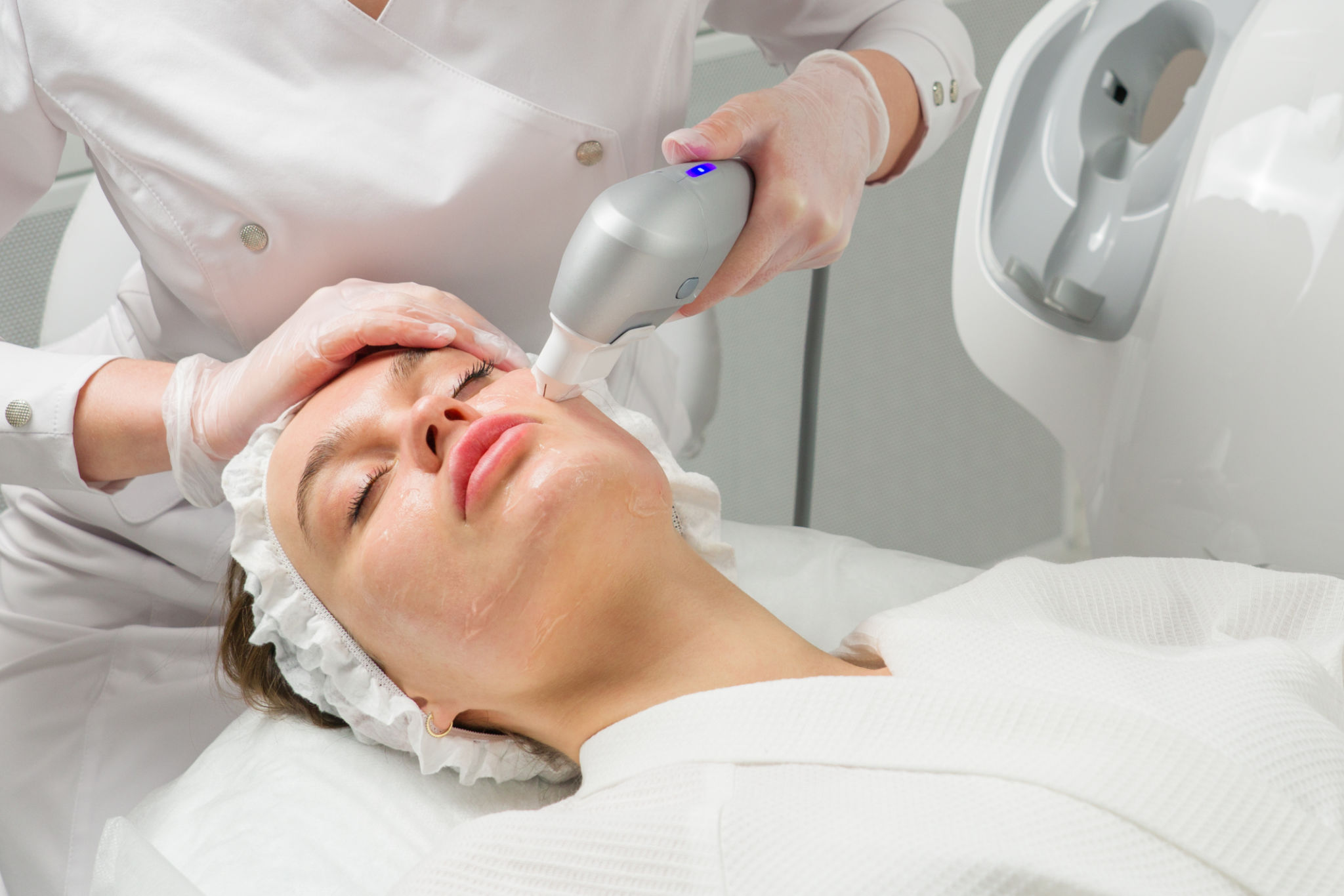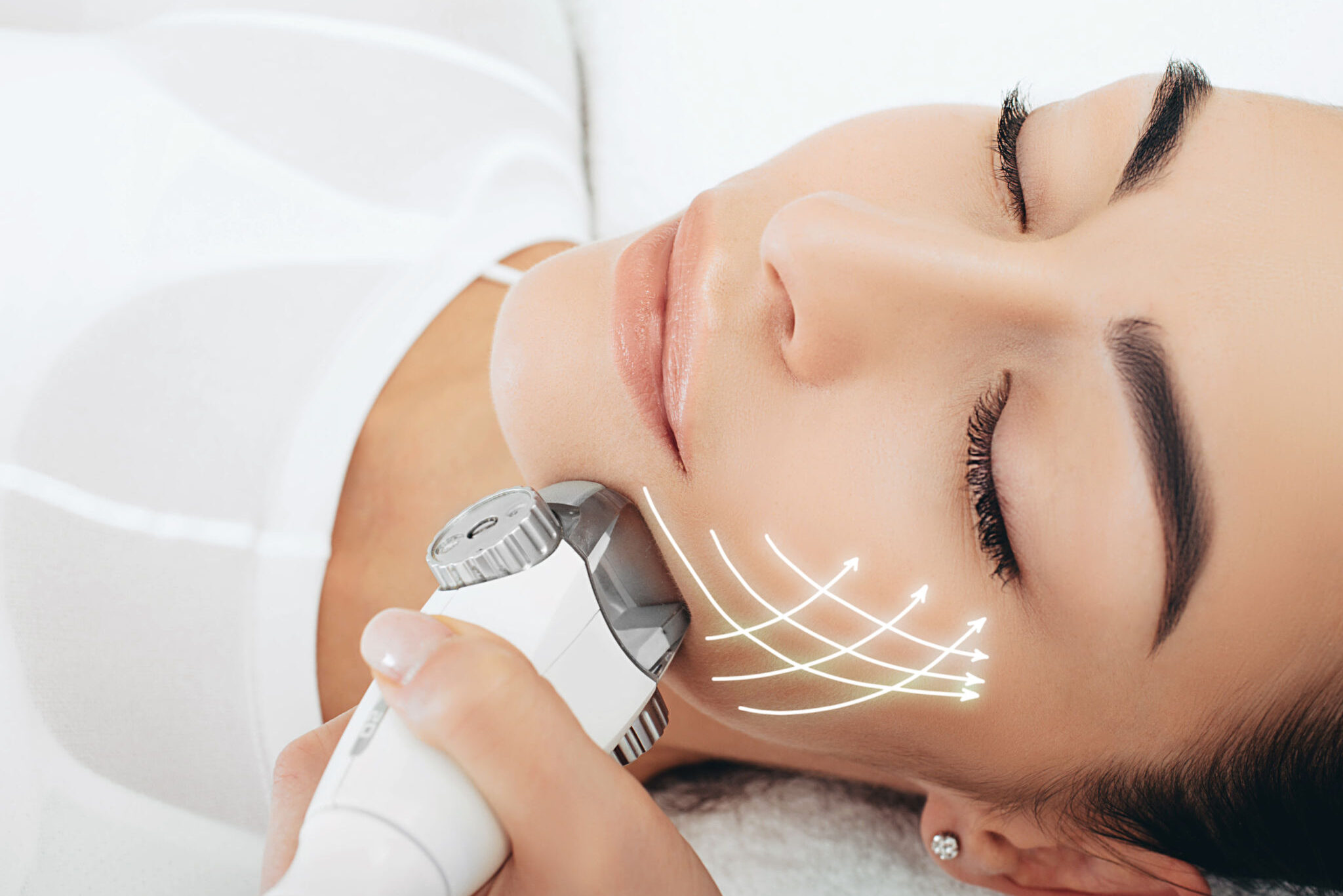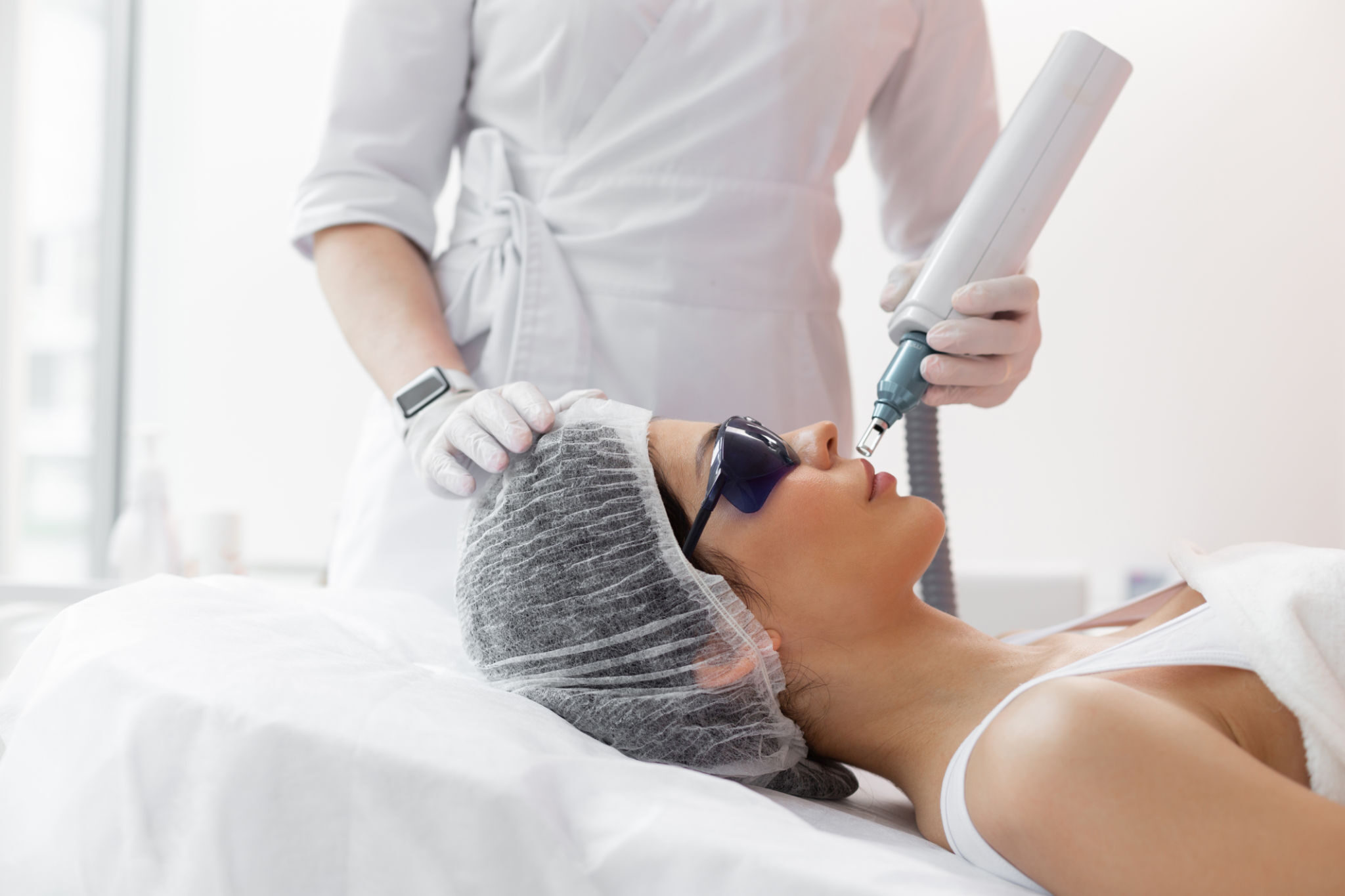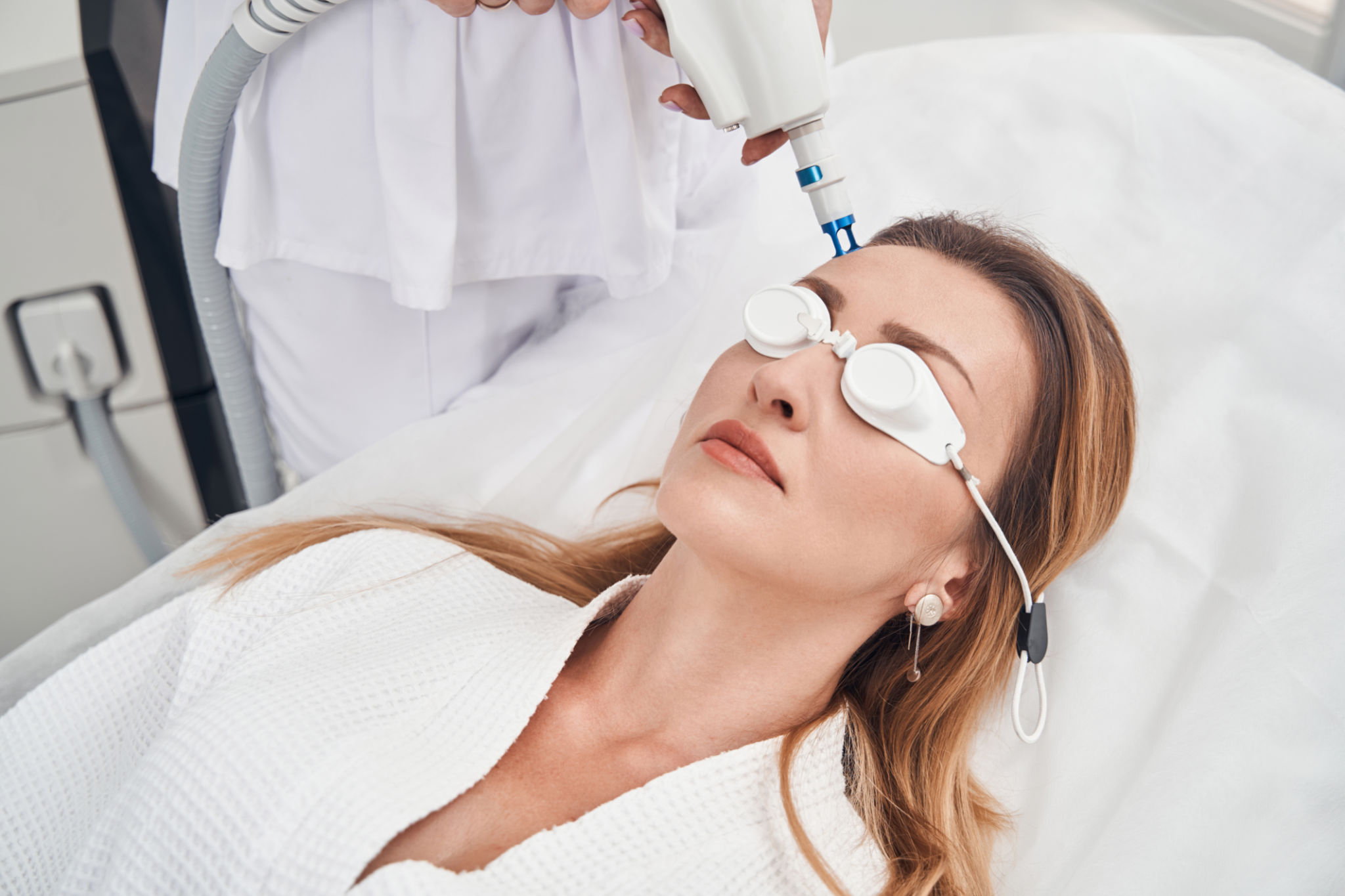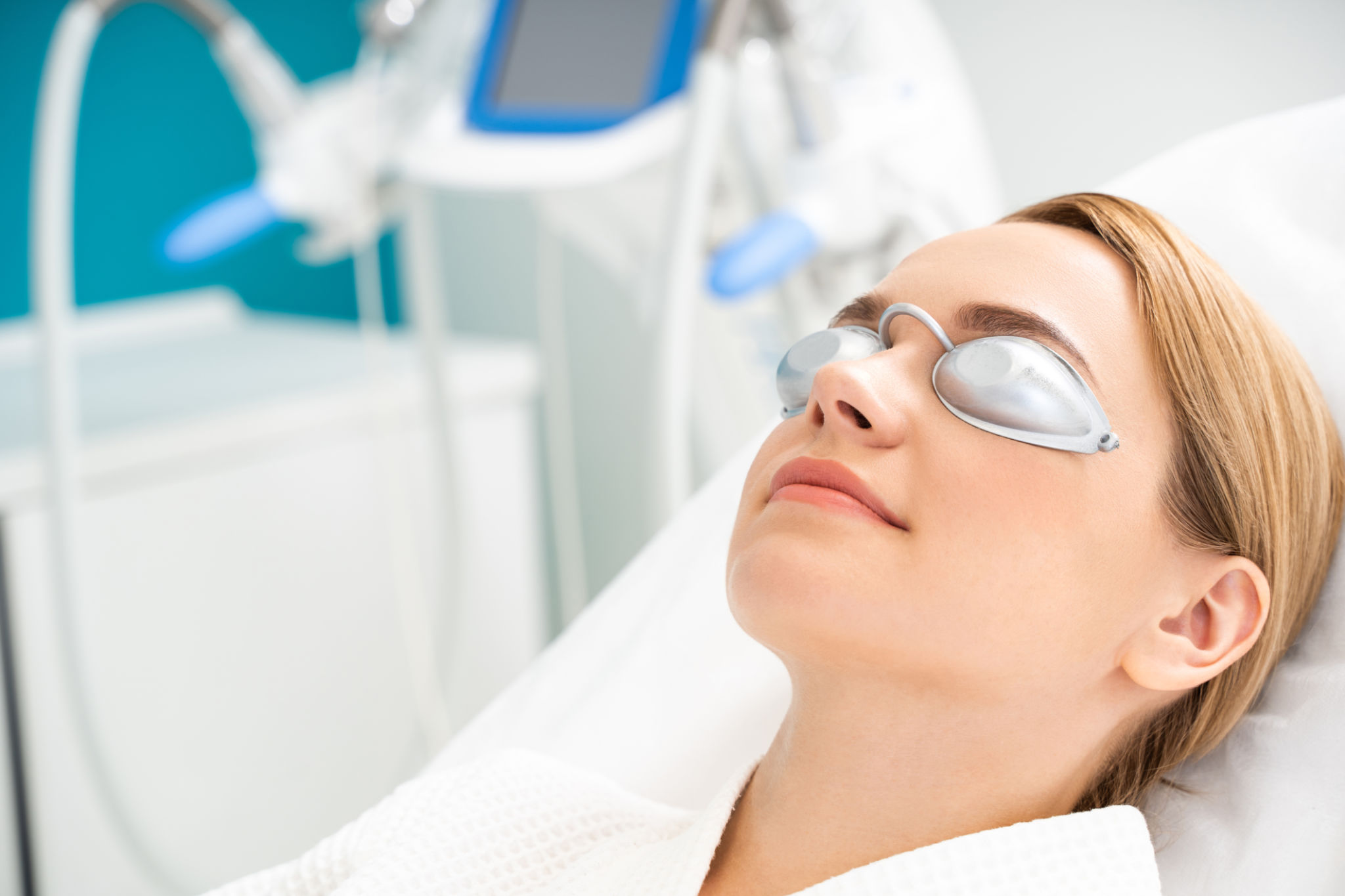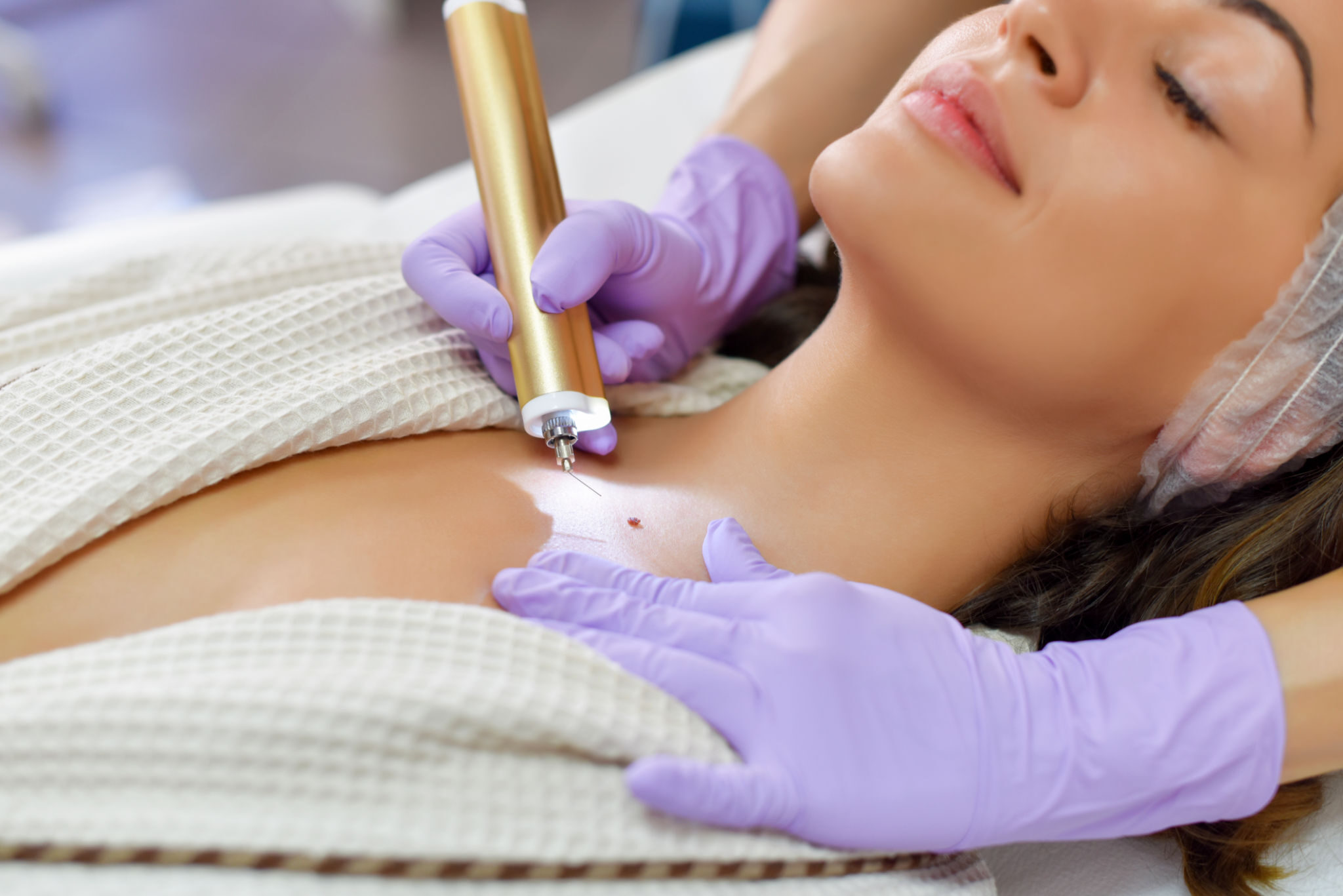Skin Care
Invest in your skin—it’s the foundation of confidence.
What is a skincare routine?
Skincare refers to the healthy and consistent maintenance of taking good care of your skin to reach its optimal condition. This routine may involve taking care of one’s face or body. Many individuals do facial skincare religiously to maintain a healthy and desirable facial appearance for varying reasons, including work and lifestyle. They do this by using skincare products, ranging from cleansers to overnight masks and facial treatments at aesthetic clinics. Moreover, taking good care of one’s physical appearance has psychological implications because when you take care of your skin, you feel good. Thus, it improves your mentality and outlook in life. People suffering from skin issues, such as severe acne, scarring, and sun damage– typically common to humans, may suffer mentally. They may feel awkward, unhygienic, and undesirable, especially when interacting with others. Thus, most people have a skin care routine suitable for their skin conditions and issues.
They either do their at-home skincare routine or undergo laser procedures, facial fillers, mesotherapy, and chemical peels. However, not all skincare products are appropriate for you, considering we all have different skin types and tones. The product may affect the skin differently because some substances, especially harsh ones, may cause further damage to others. For example, there are substances within particular skincare products that are too extreme on darker skin tones or in oily and sensitive skin types. As a result, it may do you more damage than protection. In addition, your skin barrier may be affected too, making your skin sensitive to products, especially with powerful components. Therefore, many board-certified dermatologists suggest facial treatments they offer at their respective clinics.
In conclusion, a skincare routine must be unique and appropriate to each person, so they may treat their skin issues properly without causing further skin damage. Additionally, you must consult with a board-certified doctor for a suitable skincare routine and treatment for your skin condition so that you may avoid further damaging it or wasting more money. Some individuals think that experimenting with skincare products would cost less because they are significantly cheaper than consulting with a dermatologist and undergoing facial treatments. However, that’s far from the truth because skincare product experimentation would cost more (in the long run), considering not all products are compatible with your skin condition, meaning you have no choice but to throw them away afterward. Unlike in a dermatologist consultation, you’ll be able to treat your skin issues early on-set, albeit more pricey.
What are essentials in a skincare routine?
According to many board-certified dermatologists, your skincare routine in the morning and evening is entirely different. In the morning, you
must follow the following in order: cleanser, toner, moisturizer, eye cream, and SPF (sunscreen), while cleanser, toner, moisturizer, and double
cleansing, toner, eye cream, spot treatments, and moisturizer at night. However, please note that the above-stated products are for general
skincare routine only, which means it will vary depending on your skin condition.
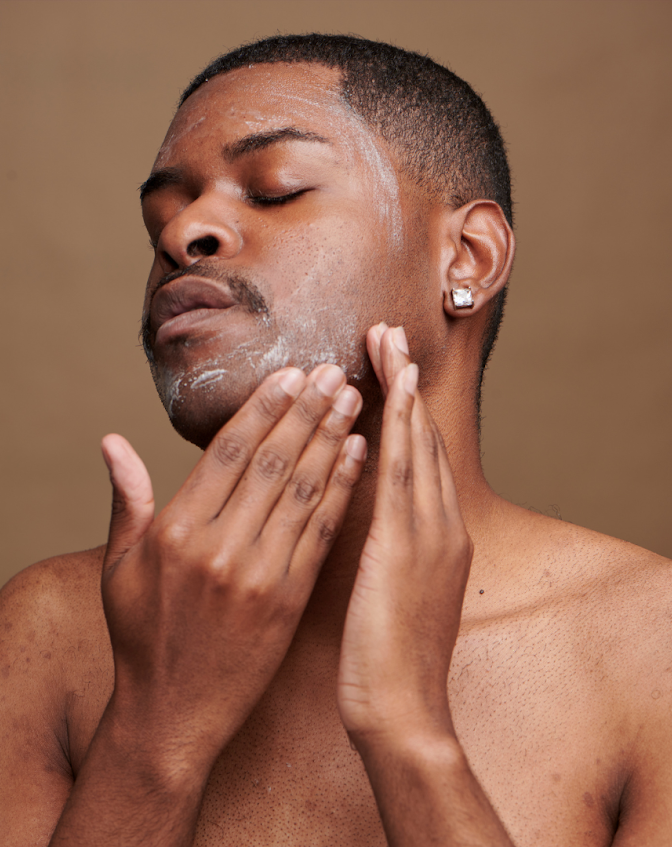
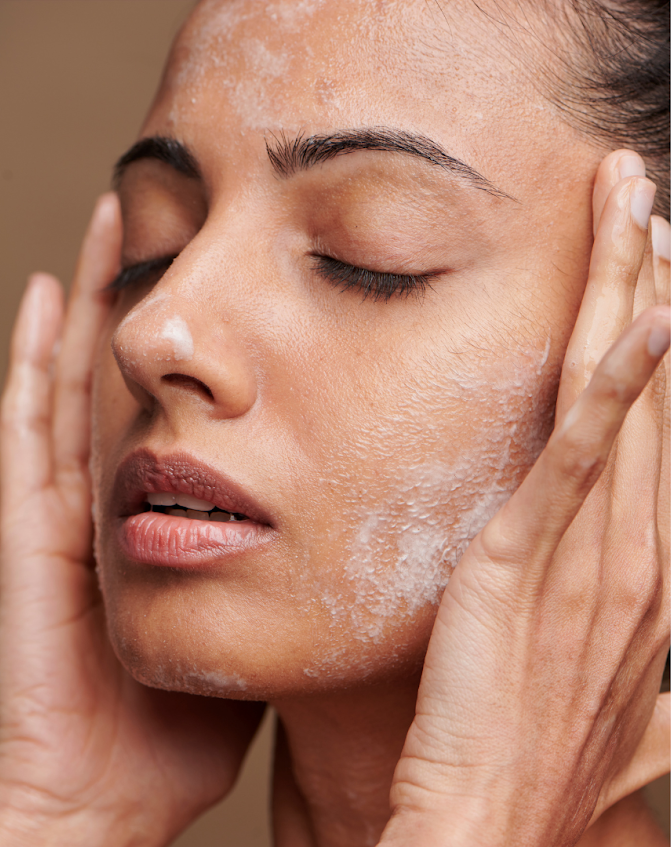
What do skin care products/treatments treat?
- Acne
- Scarring and lesions
- Enlarged pores
- Excess oil production
- Whiteheads and blackheads
- Wrinkles
- Fine lines and expression lines
- Eyebags
- Skin laxity
- Sun damage
- Hyperpigmentation
- Dull and dry skin
- Dehydrated skin
- Oily skin
- Impurities
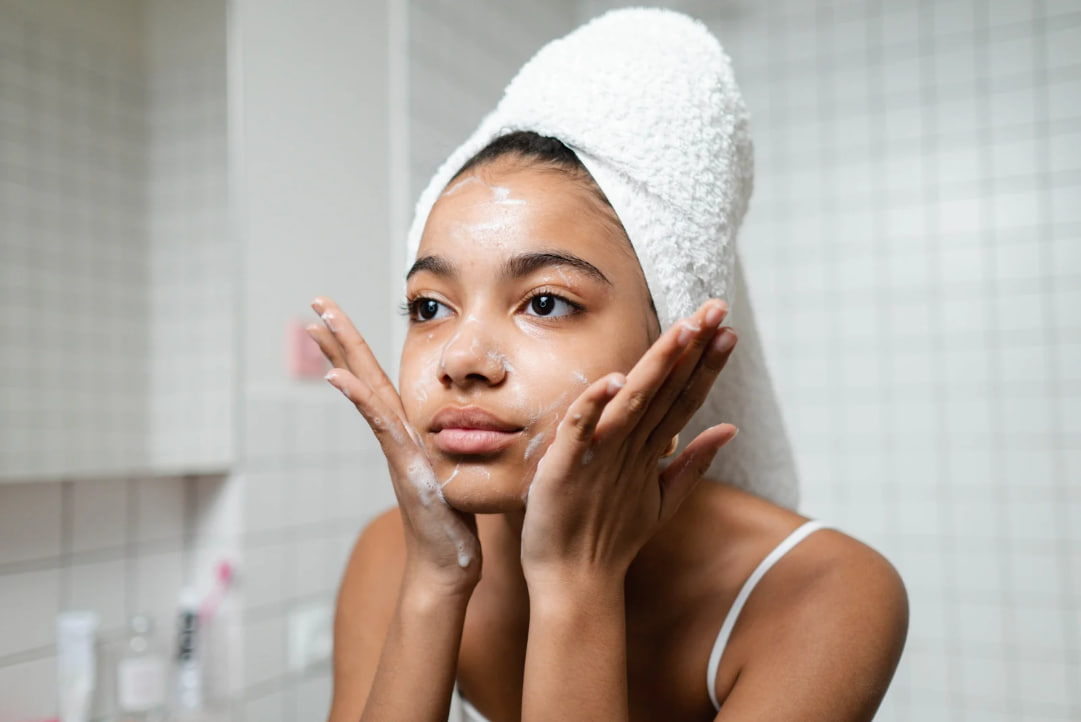
Benefits of skincare
- Bright and healthy skin appearance
- Even skin tone
- Volumized skin
- Korean glass skin or clear skin
- Skin lifting and tightening
- Reduced pore prominence
- Reduced wrinkles
- Reduced fine lines and expression lines
- Reduced acne
- Reduced acne scarring or skin lesions
- Psychological benefits
- Sun protection (UV rays)
- Firm skin barrier
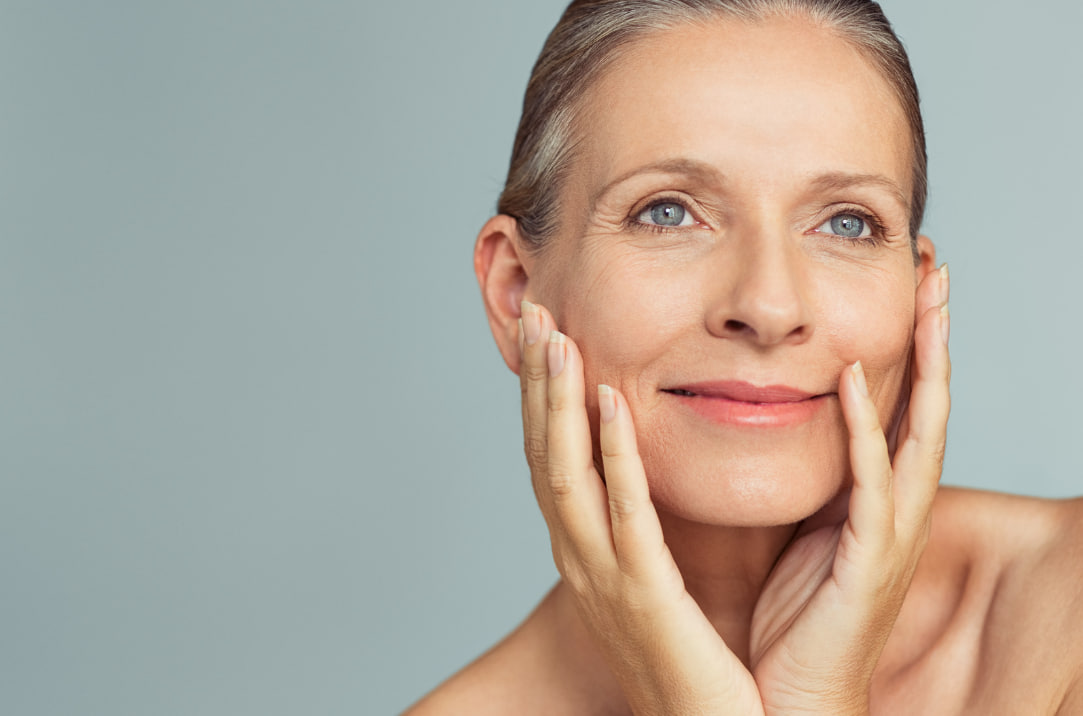
Aftercare (General) for skincare treatments
- No drinking for at least a week due to possible inflammation
- No smoking for at least a week due to possible inflammation
- No sauna for at least a week due to possible inflammation
- If you feel fever/pain, please contact the hospital and come to the hospital.
- If you have swelling, apply an ice pack for three days, and then on the 4th, use a hot pack
- Make sure you take the prescribed medication–only if you are prescribed by the doctor
- All procedures can be accompanied by side effects and/or inflammation, so please contact the hospital if you feel any abnormalities.
